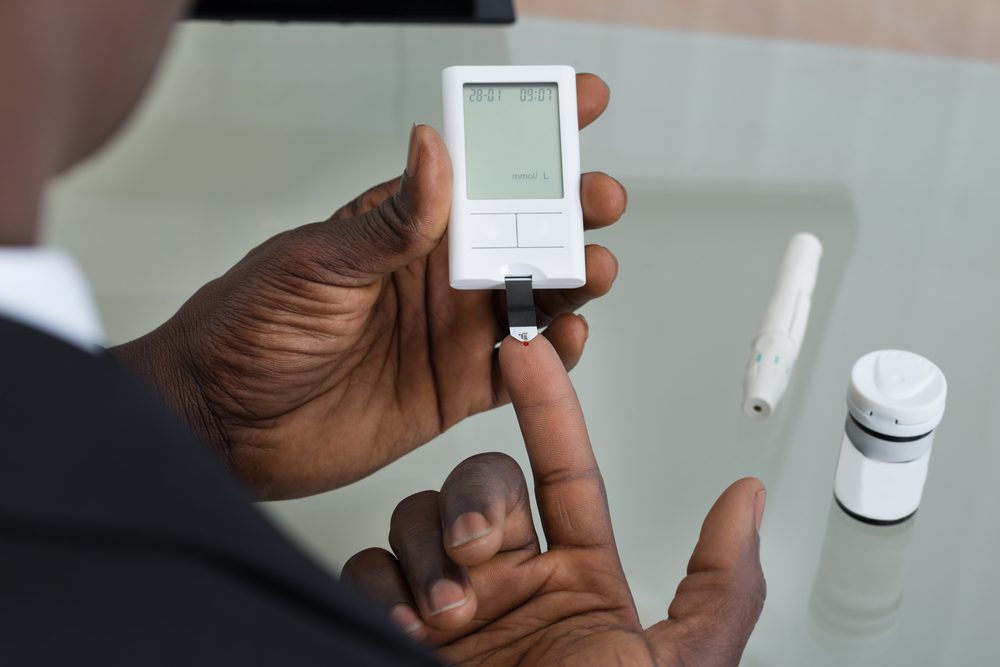In the intricate tapestry of health, diabetes emerges as a significant thread that weaves its way through diverse communities. Among these, Black Americans face a unique set of challenges in managing diabetes, as the condition manifests in various forms. Understanding the different types of diabetes affecting Black Americans is crucial for promoting effective prevention, diagnosis, and management strategies within this community.
Type 1 diabetes
While often considered more prevalent in Caucasians, Type 1 diabetes is not exclusive to any racial or ethnic group. This form of diabetes results from the immune system mistakenly attacking and destroying insulin-producing beta cells in the pancreas. Among Black Americans, Type 1 diabetes is less common than in Caucasians but not entirely absent. Early onset and a genetic predisposition may contribute to its occurrence in this community.
Type 2 diabetes
Type 2 diabetes, the most common form, presents a significant health challenge for Black Americans. A combination of genetic factors, lifestyle choices, and socioeconomic influences contributes to the higher prevalence of Type 2 diabetes in this community. The increased risk is linked to insulin resistance, where the body’s cells don’t respond effectively to insulin, leading to elevated blood sugar levels. Factors such as diet, physical activity, and access to healthcare play pivotal roles in the development of Type 2 diabetes among Black Americans.
Gestational diabetes
Pregnant Black women face a higher risk of gestational diabetes, a condition that develops during pregnancy. This temporary form of diabetes can lead to complications for both the mother and the baby. Genetic factors, coupled with the higher prevalence of obesity and insulin resistance in Black women, contribute to the increased incidence of gestational diabetes in this population. Adequate prenatal care and monitoring are essential to manage gestational diabetes and reduce associated risks.
Monogenic diabetes
Monogenic diabetes is a rare form that results from mutations in a single gene, affecting insulin production and secretion. Black Americans may be affected by monogenic diabetes, although it is less common than Type 1 or Type 2 diabetes. Genetic testing can help identify individuals with monogenic diabetes, enabling more targeted and personalized treatment approaches.
Prediabetes
Before the onset of Type 2 diabetes, many individuals experience a stage known as prediabetes, where blood sugar levels are higher than normal but not yet at diabetic levels. Black Americans are disproportionately affected by prediabetes, and without intervention, it often progresses to Type 2 diabetes. Lifestyle modifications, including healthier eating habits and increased physical activity, can help prevent the transition from prediabetes to full-blown diabetes.
Cultural and socioeconomic factors
Beyond genetic predispositions, cultural and socioeconomic factors play a crucial role in the diabetes landscape among Black Americans. Limited access to healthcare, food deserts, and systemic inequalities contribute to disparities in diabetes prevalence and outcomes. Culturally tailored interventions, community outreach, and increased awareness are essential to addressing these underlying issues and promoting better diabetes management within the Black community.
The spectrum of diabetes affecting Black Americans is multifaceted, encompassing various types and influenced by a combination of genetic, lifestyle and socioeconomic factors. Recognizing the diversity within this community is pivotal for implementing effective prevention, diagnosis, and management strategies. As we navigate the complex terrain of health care, it is imperative to consider the unique challenges faced by Black Americans in the context of diabetes, working towards a future where health disparities are minimized, and every individual has the resources and support needed for optimal well-being.
This story was created using AI technology.












